- Author Antonio Harrison harrison@cultureoeuvre.com.
- Public 2023-12-16 07:44.
- Last modified 2025-01-22 21:44.
The Kingdom of Saudi Arabia is one of the most closed states in the world. You can visit it by invitation or for the purpose of pilgrimage to Muslim shrines. The rulers of this country are shrouded in a halo of secrets, and their wives are a kind of mythical figures, about whom nothing is known except meager biographical data.
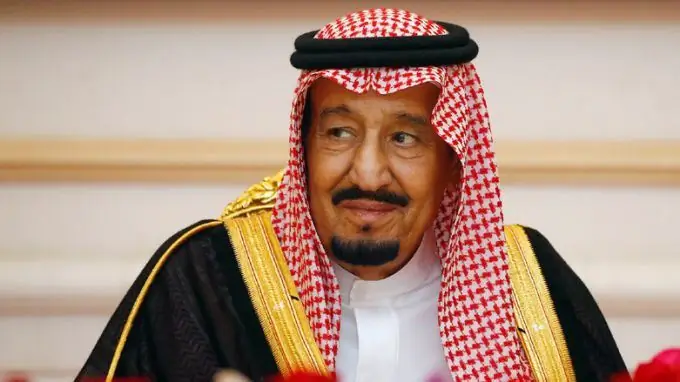
King of saudi arabia
Saudi Arabia is an absolute monarchy, where there is a special order of succession to the throne, which differs from the European model of transferring power from father to eldest son. The first ruler of the kingdom was Abdul-Aziz ibn Saud, who gradually seized power in certain regions in order to unite them in 1932 into a new state. For brevity, Western sources usually refer to him as Ibn Saud. According to some reports, the king had over 20 wives and about 100 children, including 45 sons. During his lifetime, he established the principle of the inheritance of power according to agnatic seniority, that is, between representatives of the same generation.
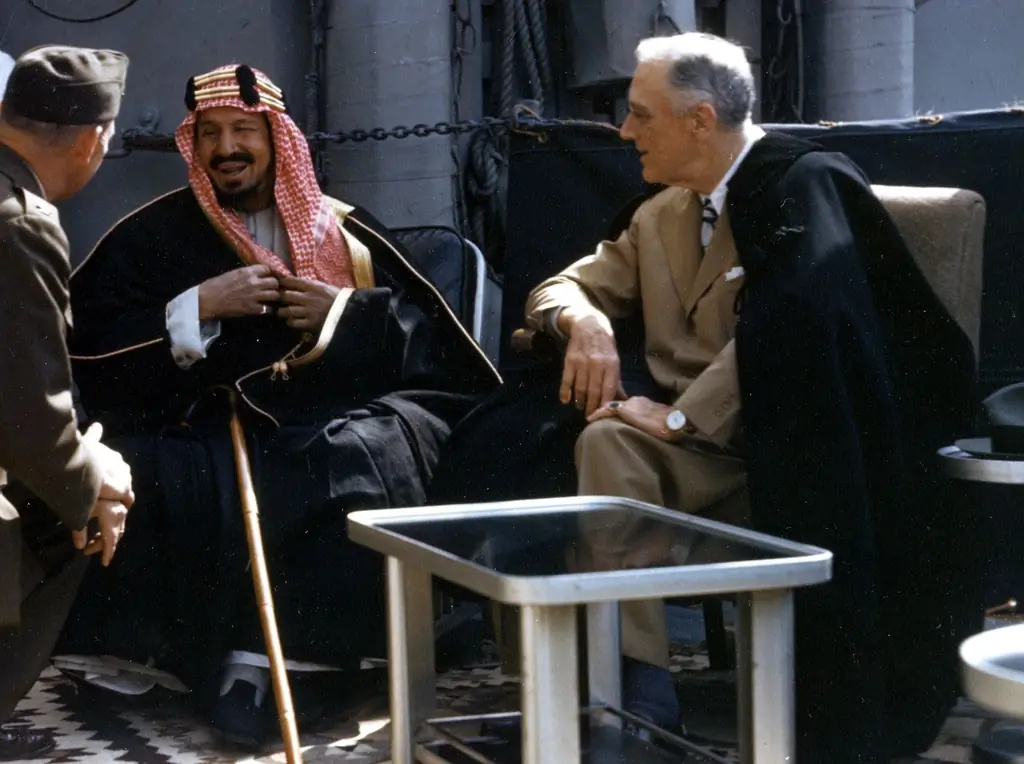
Therefore, the eldest son of Ibn Saud appointed his brother as crown prince after the death of his father in 1953. And all subsequent monarchs were the sons of the first king of Saudi Arabia. By 2015, when King Abdullah died, only 12 direct descendants of Ibn Saud survived. One of them, Salman ibn Abdul-Aziz al Saud, previously named the crown prince, took the place of his half-brother on the throne. At that time, the new king was 79 years old.
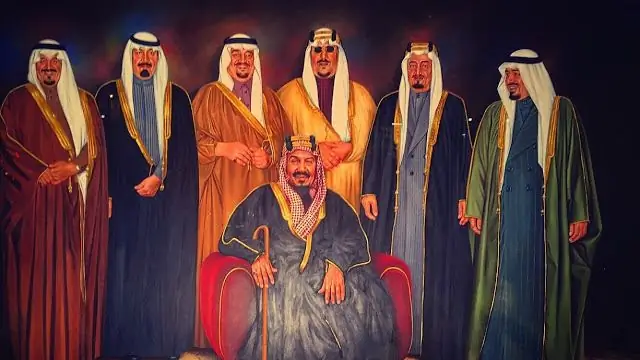
Salman was born on December 31, 1935. With his mother Hussa Sudairi, the most common sons were born to the ruler of Saudi Arabia - seven siblings. The heirs, closely related, supported each other in the transfer of power and government. They were nicknamed "Seven Sudairi". Before Salman, the eldest of the brothers, Fahd, managed to be the ruler. He was in power for over 20 years (1982-2005). Princes Sultan and Nayef were the heirs of King Abdullah until their death, but in the end, only their younger brother Salman survived until the change of ruler.
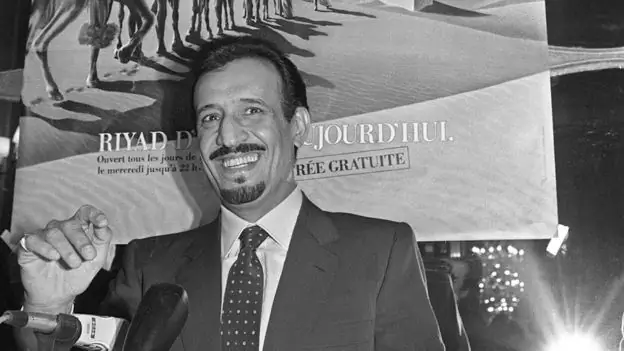
The future king studied at the school of princes, which Ibn Saud built in Riyadh especially for his children. Since 1963, Salman has served as Acting Governor of the Capital Region. In this position, he helped transform the main city of Saudi Arabia into a modern metropolis. In particular, he actively established relations with Western countries, attracted foreign capital and advocated the development of tourism.
Features of the reign of King Salman

Given the advanced age of the surviving heirs of Ibn Saud, King Salman cannot boast of excellent health. In August 2010, he spent a long time in the United States, where he underwent spinal surgery and underwent a recovery period. In addition, he had a stroke, after which the left side of his body works noticeably worse than the right. And on top of all age-related problems, King Salman suffers from an initial form of Alzheimer's disease. Realizing perfectly well that his reign would not last long, from the first days the new monarch began a campaign to change the order of succession to the throne. First, he appointed Prince Mukrin, the youngest of the sons of Ibn Saud, born of a Yemeni concubine, as his successor.
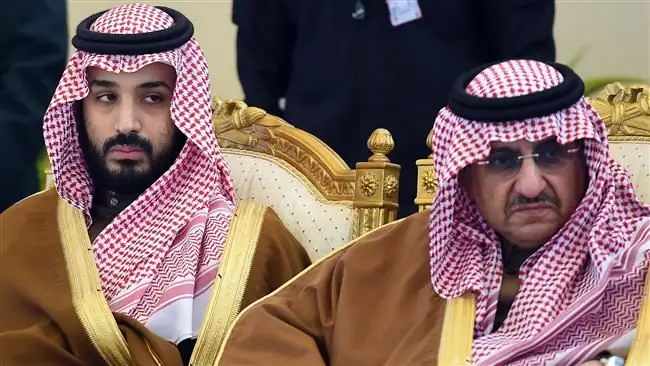
A few months later, Salman reconsidered the candidacy of the crown prince, replacing him with his nephew, Muhammad ibn Nayef. For Saudi Arabia, the arrival of the next generation of the royal family in the line of heirs was a huge, but inevitable, breakthrough. After all, there are almost no direct descendants of Ibn Saud, and the whole struggle for power will unfold when his grandchildren begin to rule.

As it turned out, the ultimate goal of the king was to secure the inheritance for one of his sons - Prince Mohammed ibn Salman. First, he became the official deputy of his uncle as crown prince, and then, as a result of a fierce struggle, became the second person in Saudi Arabia after the king. Now Muhammad ibn Salman holds the post of Minister of Defense, heads the Council for Economic Affairs and the Royal Court. It is said that he restricted access to his father, and no one can get to Salman without the approval of the crown prince. The young ruler, who is just over 30 years old, is called the de facto "power behind the throne."
Wives of the King of Saudi Arabia
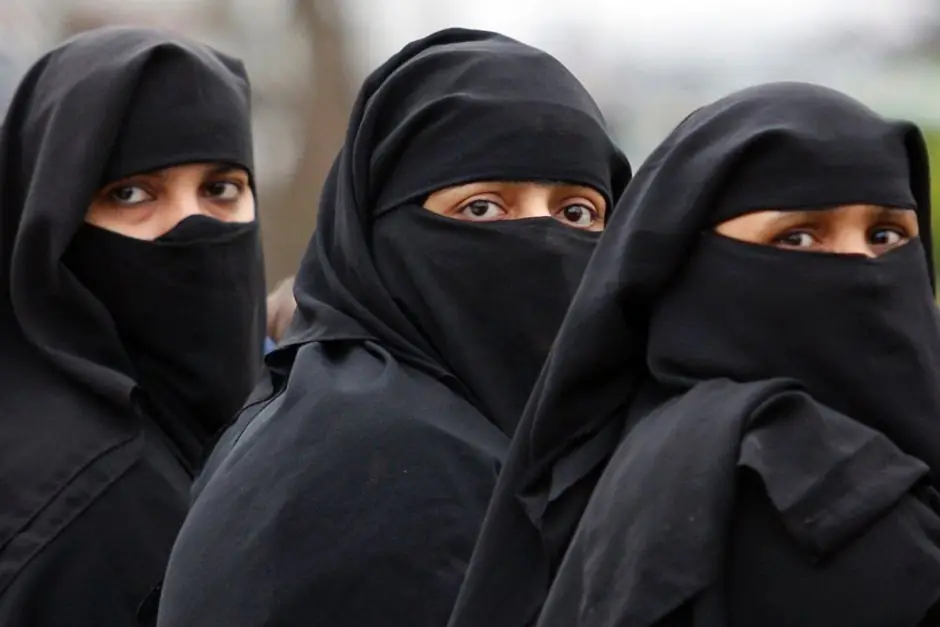
Women in Saudi Arabia, even in comparison with other Arab states, are still seriously restricted in their rights. Therefore, the spouses of the rulers of the state lead a secluded life, never appearing in public and not accompanying their husbands on foreign trips. Naturally, there are no official photographs of these women either. And general biographical information about them boils down to mentioning kinship and the number of children born in marriage.
Salman is known to have been married five times and has 13 children. The two spouses - princesses Madavi bint Majid and Sultana bint Mandil - are often not indicated in official sources, since they are divorced from the king and have no common heirs with him. His marriage to Princess Sarah bint Faisal, who gave birth to only one child, the son of Saud, was also dissolved.

For the first time, the future monarch married his cousin Sultana bint Turki. She died in July 2011 at the age of 71, and during her lifetime she oversaw various charities. Salman's first wife gave birth to 6 children - five sons and a daughter. His first and third sons, Princes Fahd and Ahmed, died in the early 2000s due to heart problems. The second son, Prince Sultan, is known for being the first man of royal blood, the first Arab and Muslim to fly into space. This happened in June 1985 on the space shuttle Discovery. Sultan currently chairs the Board of Directors of the Saudi Arabian Space Agency. The younger sons, princes Abdul-Aziz and Faisal, hold secondary government posts.
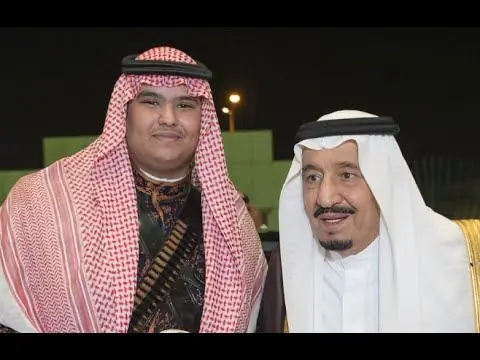
At the time of his coronation, Salman had and remains one spouse - Princess Fahda bint Falah. She gave her husband six sons, including Crown Prince Muhammad. One of his siblings, Prince Khalid, was appointed deputy defense minister in February 2019. And the youngest of Salman's sons, Prince Rakan, just graduated from high school in 2016. US intelligence reported that in the struggle for power, Prince Mohammed even kept his mother Fahda under house arrest, as she could influence the decisions of King Salman.
The Internet, social networks and modern means of transmitting information have slightly opened the veil of secrecy over the personalities of the rulers of Saudi Arabia, but the details of their family life are likely to be hidden from prying eyes for a long time.






